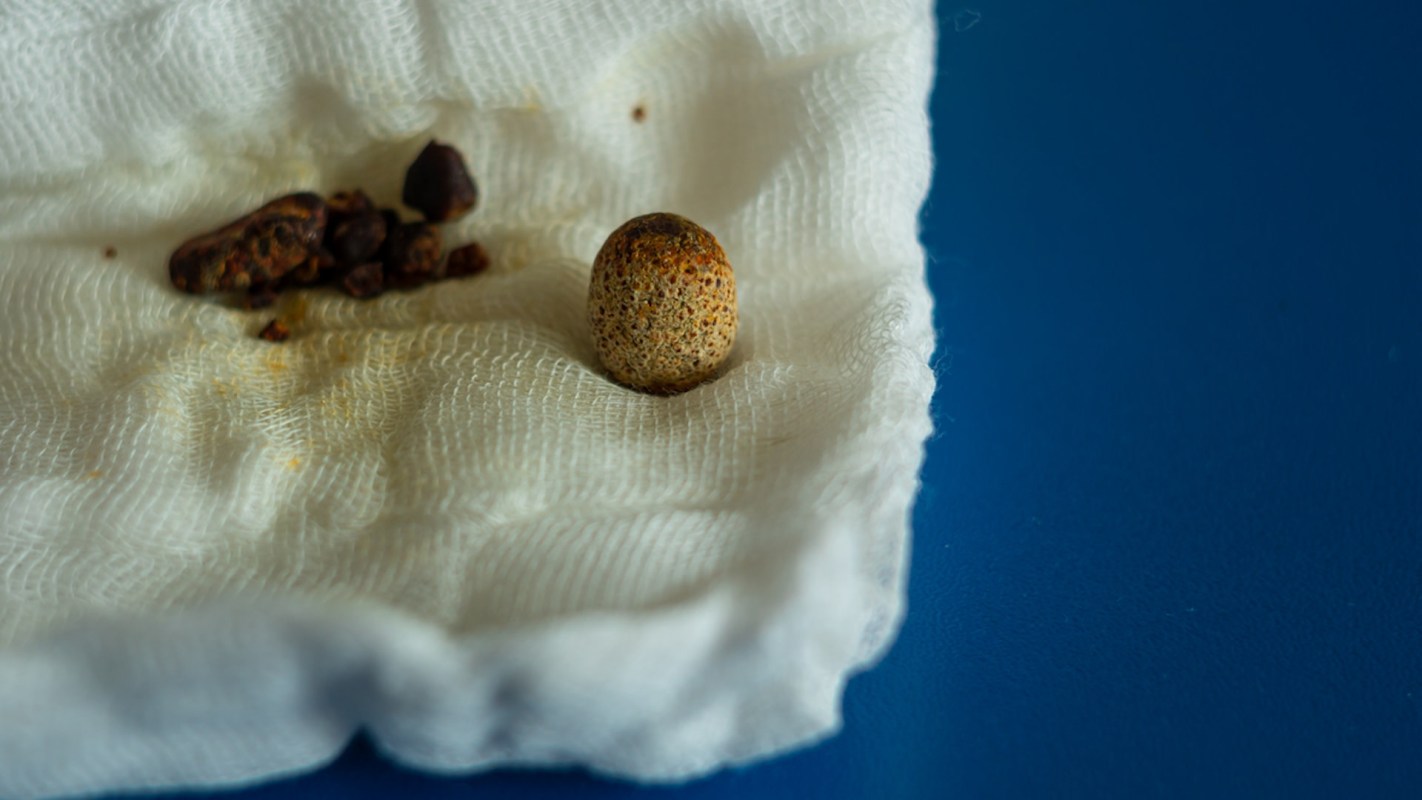Scientists in a new study said that they "preliminarily verified" that microplastics can spur the formation of gallstones and aggravate the condition.
What happened?
The paper, published in the Journal of Hazardous Materials, showed microplastics were present in the gallstones of all 16 patients and that younger subjects (under 50 years old) featured significantly higher levels of the toxic substances. In mice, microplastics accelerated gallstone formation and altered gut microbiota, the researchers reported.
"Our study revealed the presence of microplastics in human gallstones, showcasing their potential to aggravate chololithiasis by forming large cholesterol-microplastic heteroaggregates and altering the gut microbiota," the authors wrote.
The study noted that microplastics are pieces of plastic less than 5 millimeters in diameter. Mechanical abrasion, sunlight irradiation, and biological degradation of plastic products produce these minuscule fragments that contaminate the soil, water, and air in our environment.
Why is this concerning?
Because they are everywhere, microplastics can enter our bodies in many ways. They have been found in human urine, placentas, and airways.
The effects of microplastics are unknown, though researchers are leaning toward issuing a red alert. One paper stated that microplastics could help transmit pathogens.
Another recent study showed that nanoplastics (pieces smaller than 1 micrometer) could contribute to the development of Parkinson's disease and dementia, and still another showed microplastics could interfere with the efficacy of antibiotics.
"Our data demonstrated that exposure to microplastics aggravates gallstone formation through the production of large cholesterol-microplastic heteroaggregates and alteration of gut microbiota; this underscores the need for greater awareness regarding environmental protection," the authors wrote.
What can be done?
You can avoid plastic as much as possible. Containers and packaging made of plastic can leach microplastics into our food, especially if the food is hot or the vessel is heated. You can try to dodge plastic in drinking water by using a metal water bottle instead of a single-use one.
Mushrooms and yeast have been found capable of breaking down plastic, though that's not helpful for what's already inside our bodies. To that end, probiotics may help reduce toxicity and inflammation associated with microplastics in our gastrointestinal systems.
Scientists are also developing new technology to filter microplastics from our drinking water, including using okra, cactus, and aloe plants. Egg whites could even help remove microplastics from our oceans.
Join our free newsletter for weekly updates on the coolest innovations improving our lives and saving our planet.









